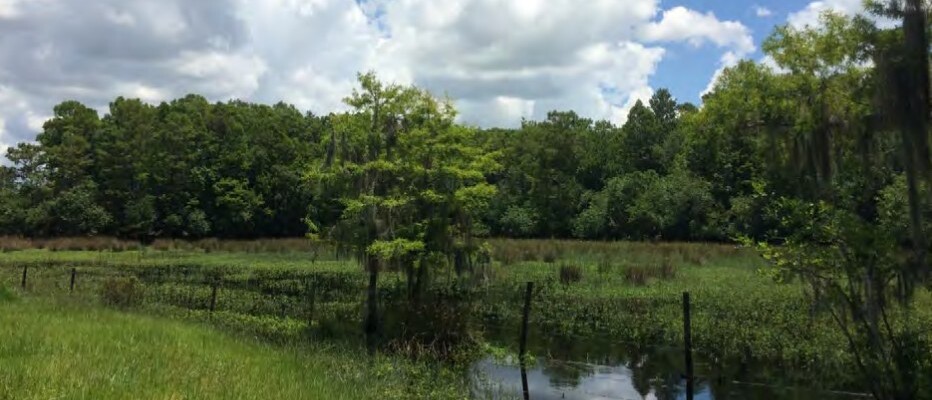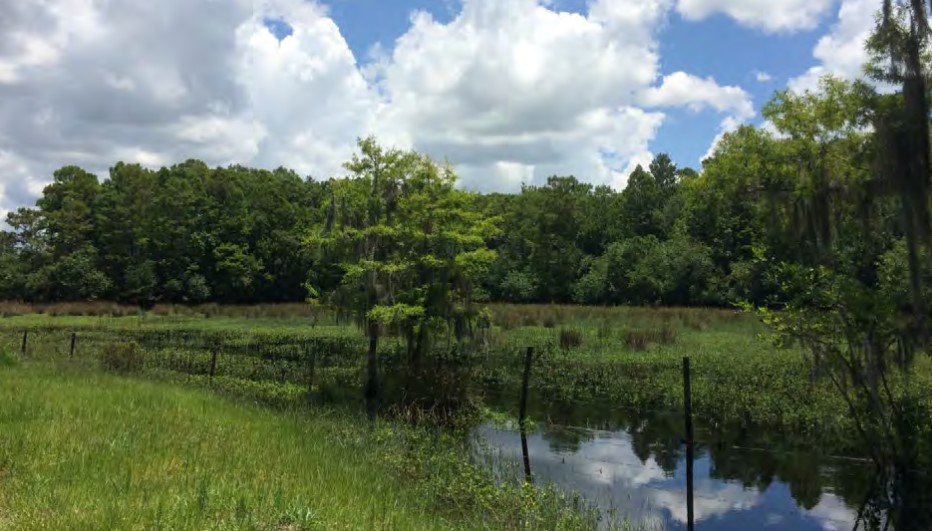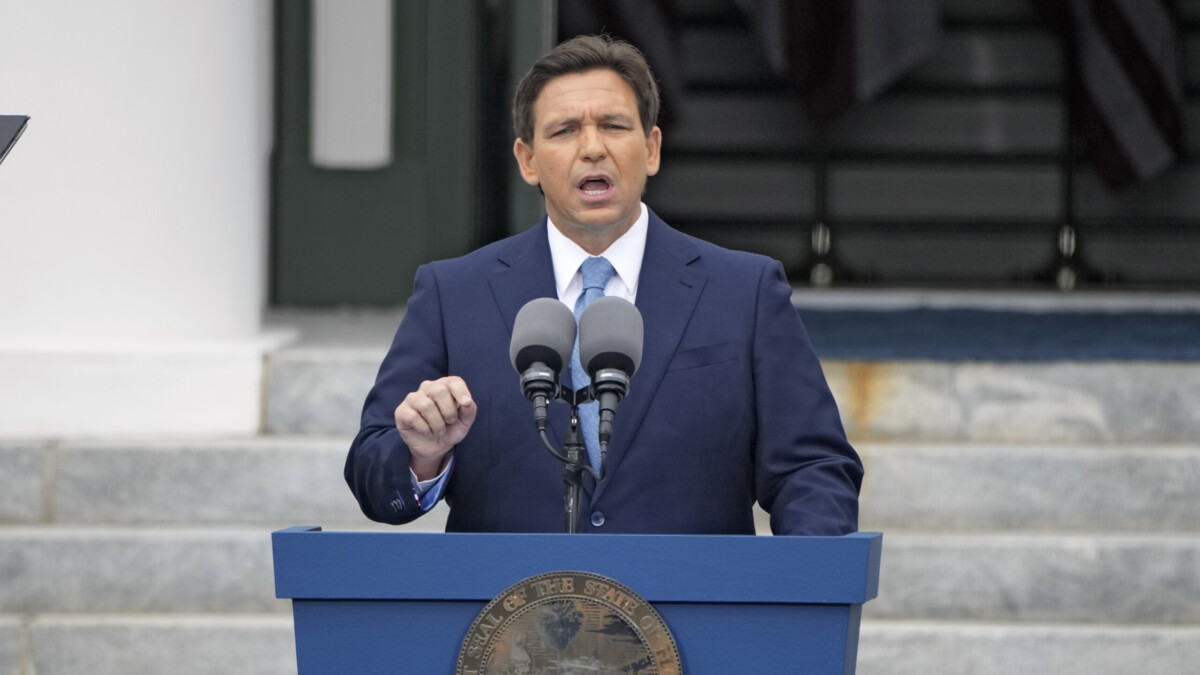Legislative leaders have agreed to use hundreds of millions of dollars in gambling money to help pay for further expansion of a state wildlife corridor and other environmental projects.
The Senate Fiscal Policy Committee and the House Infrastructure Strategies Committee last week approved identical bills (SB 1638 and HB 1417) that, in part, would provide $100 million a year for the wildlife corridor, a priority of Senate President Kathleen Passidomo, R-Naples.
Also, the bills include directing $100 million a year for the management of uplands and to remove invasive species and $100 million for a Department of Environmental Protection flooding and sea-level rise resilience plan.
Much of the money for the legislation would come from a gambling deal, known as a “compact,” that Gov. Ron DeSantis reached with the Seminole Tribe of Florida in 2021.
But the bills also include $150 million in state general revenue that would go to the South Florida Water Management District for “operations and maintenance responsibilities.” The bill includes directing the district to contract with the Water School at Florida Gulf Coast University to conduct a study about issues related to Lake Okeechobee.
House Speaker Paul Renner, R-Palm Coast, said Thursday the district deals with “significant environmental issues.”
The gambling deal, which was ratified by the Legislature in 2021, allows the Seminole Tribe to offer online sports betting statewide and provide games such as craps at its casinos. In exchange, the tribe pledged to pay $2.5 billion to the state over the first five years — and possibly billions of dollars more throughout the three-decade pact.
Legal battles over sports betting caused delays in carrying out the deal, but the tribe has recently moved forward. The tribe paid nearly $58 million to the state in the first installment of the revenue-sharing agreement after the Seminoles launched mobile sports betting in November.
Passidomo highlighted the need for the legislation on the Jan. 9 opening day of the legislative session, saying “these investments preserve working farmland and ranchland, allow for strategic expansion of the wildlife corridor, and help protect endangered native species, including the Florida panther.”
The corridor is envisioned as connecting 18 million acres of publicly owned land and agricultural properties from the Florida Keys to the Panhandle. About 8 million acres remain unsecured.
“I know everybody has heard (Passidomo) talk about it on the Senate floor and several times when you’ve approached her,” Senate bill sponsor Sen. Travis Hutson, R-St. Augustine, said last week. “I’m honored to carry it for her and it is something that I know she’s put her heart and soul into.”
Among other things, the bill would direct $79 million toward water-quality improvement grants and $4 million for the Department of Environmental Protection to create a local trail management grant program.
Voters in 2014 approved a constitutional amendment that requires a portion of money collected through documentary-stamp taxes on real-estate transactions to go toward conservation efforts. House Agriculture, Conservation & Resiliency Chairman James Buchanan, R-Osprey, said the money in this year’s bills would be “supplemental” to the voter-approved money.
Lawmakers in recent years have earmarked the documentary-stamp tax money for numerous projects, such as sending about $200 million a year to the Comprehensive Everglades Restoration Plan, $50 million to the state’s natural springs and $50 million to the Lake Okeechobee Watershed Restoration Project.
9(MDEwNzczMDA2MDEzNTg3ODA1MTAzZjYxNg004))






